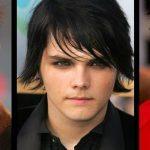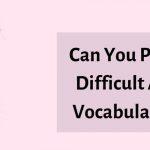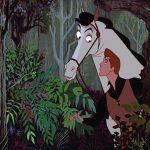We all have complexes lets be frank, but what Disney trauma have you got? Are you the lost Alice, the frustrated Aladdin or the lost mermaid? Take this test and see!What Kind of Disney Trauma Do You Have?
Quiz: What Kind of Disney Trauma Do I Have?
Are you in the mood for a cheesy snack and a good Netflix movie? Take our quiz and we'll help you decide which movie to watch based on your snack preferences!
First, select your favorite cheesy snack from the options provided. Do you prefer classic cheese puffs or cheesy popcorn? Maybe you're more of a cheese and crackers kind of person. Whatever your preference, we've got you covered.
Once you've made your selection, we'll analyze your choices and match you with the perfect Netflix movie to complement your snack. Are you in the mood for a romantic comedy or a thrilling action movie? Maybe you're looking for something more lighthearted and family-friendly.
Our quiz is quick and easy, so you can get to snacking and watching your movie in no time. So grab your favorite cheesy snack and let's get started!
Disclaimer: This quiz is for entertainment purposes only. We do not guarantee that the movie recommended will be to your liking.





